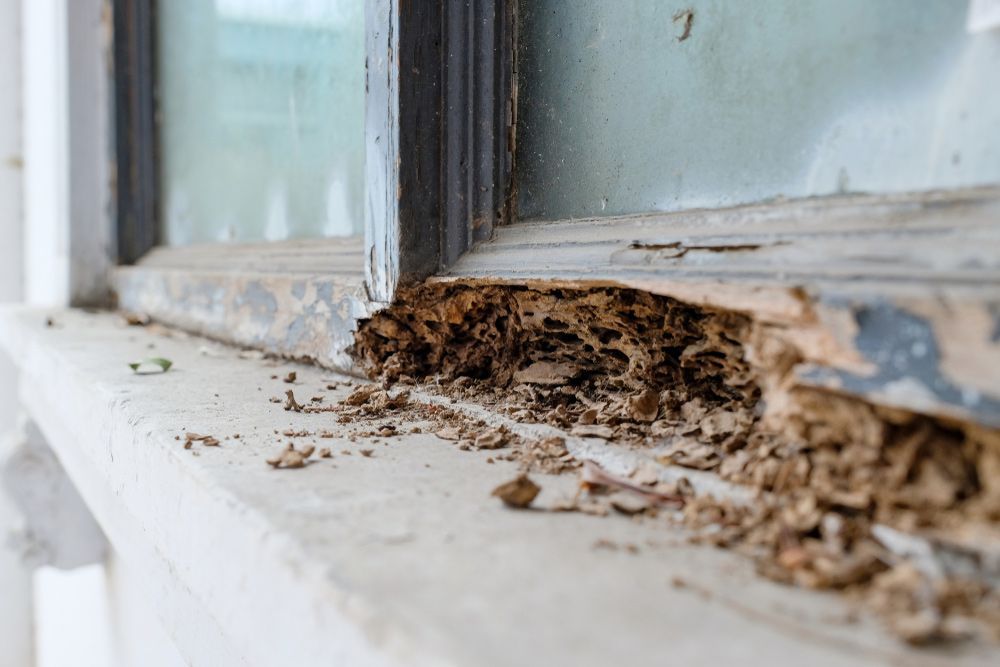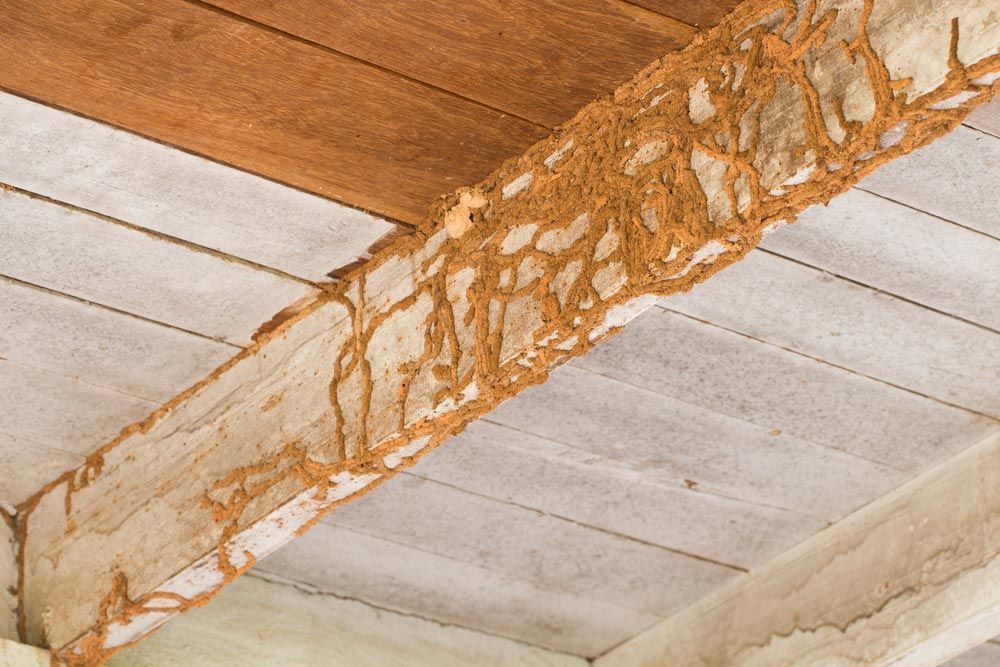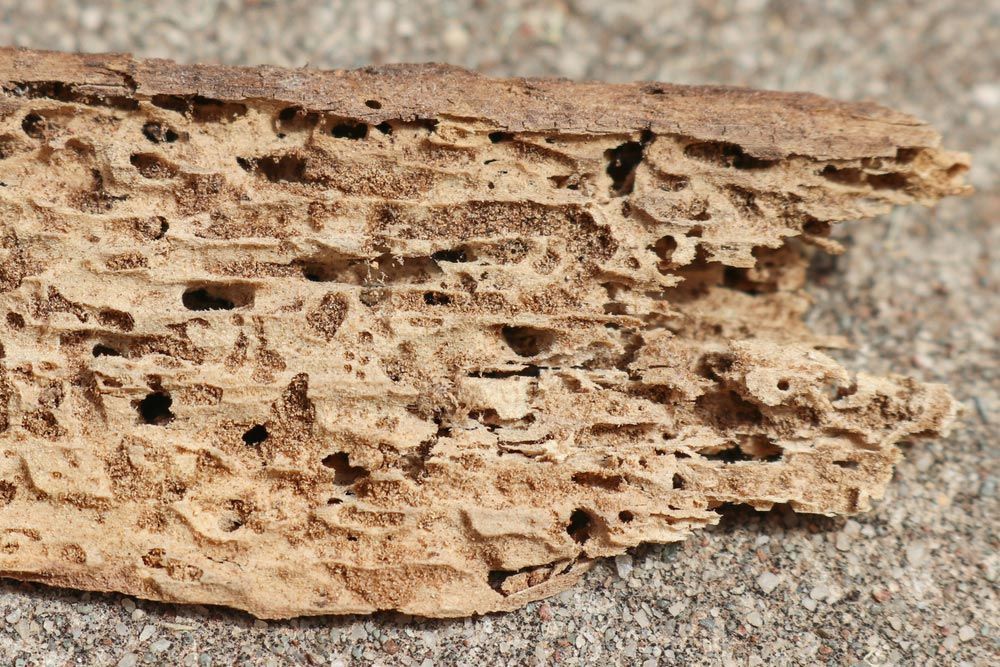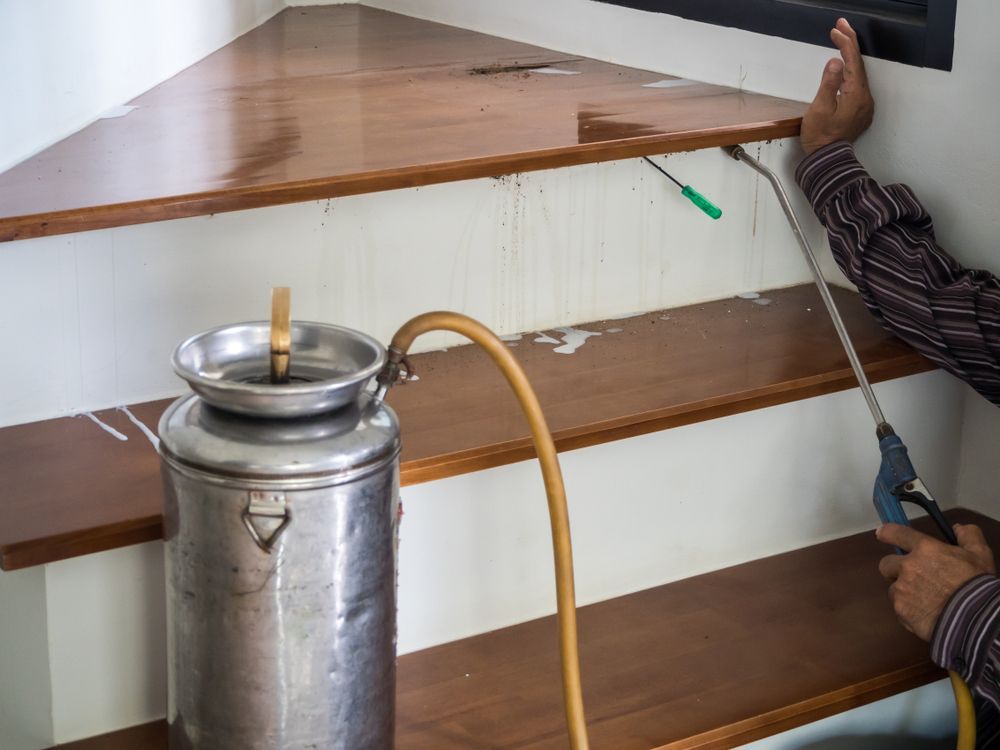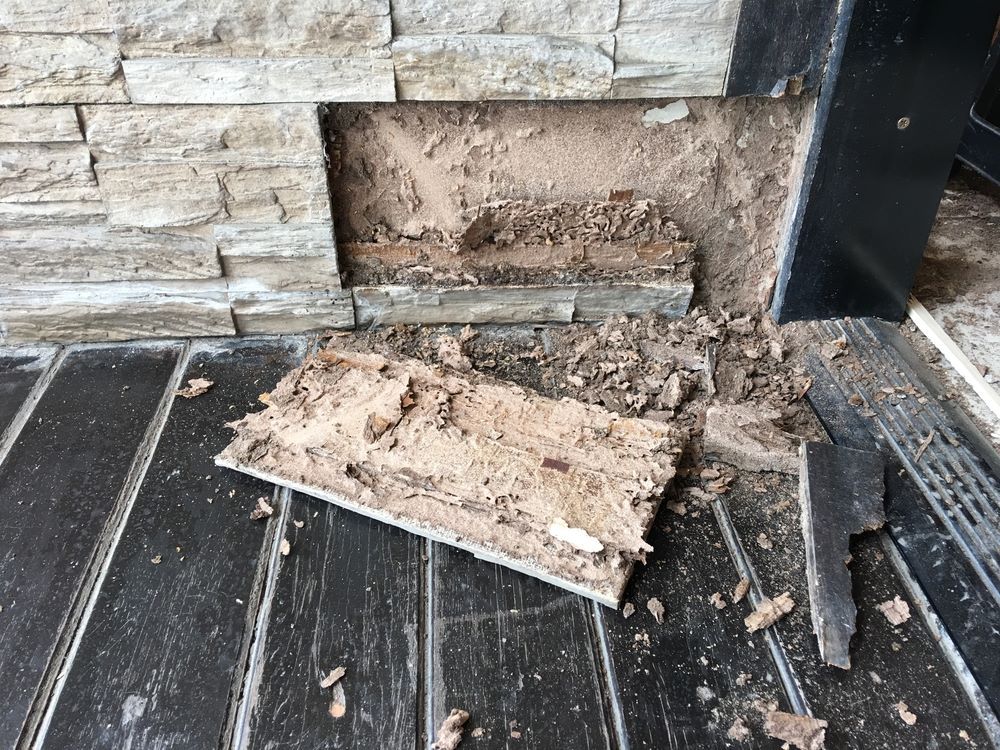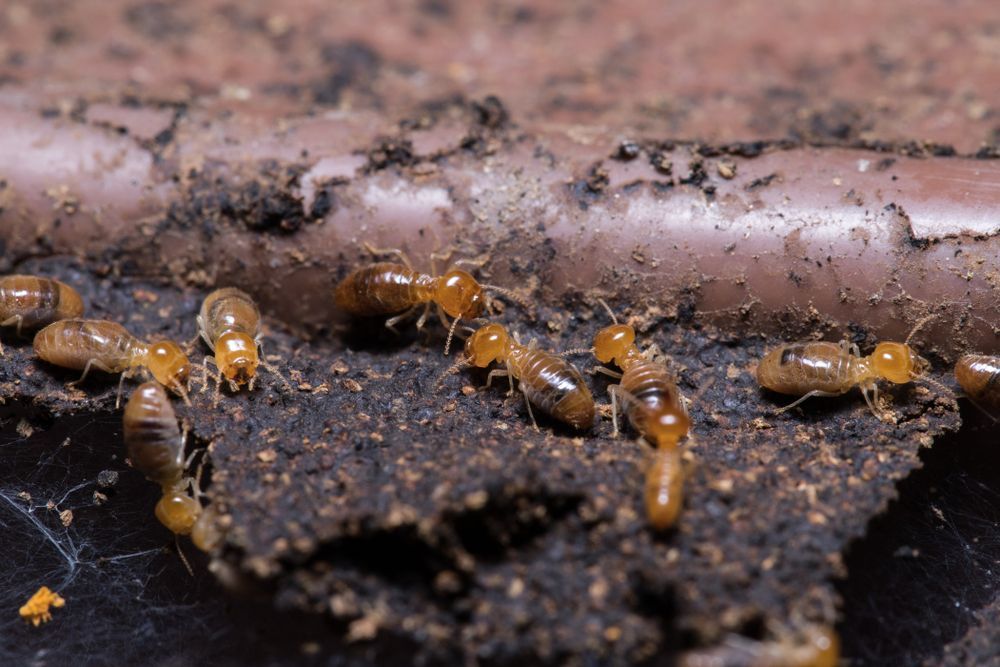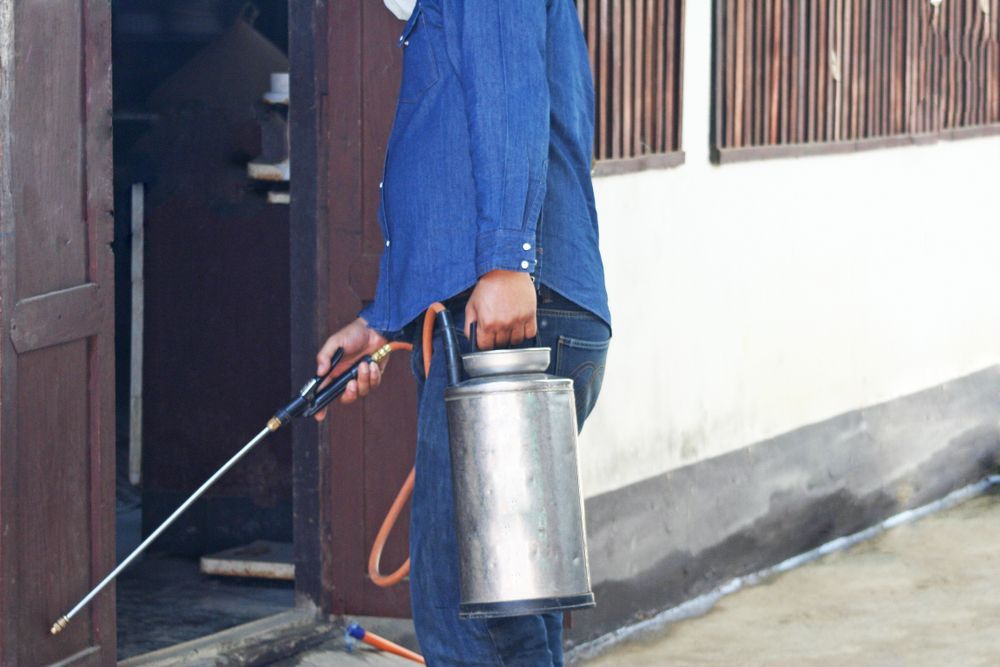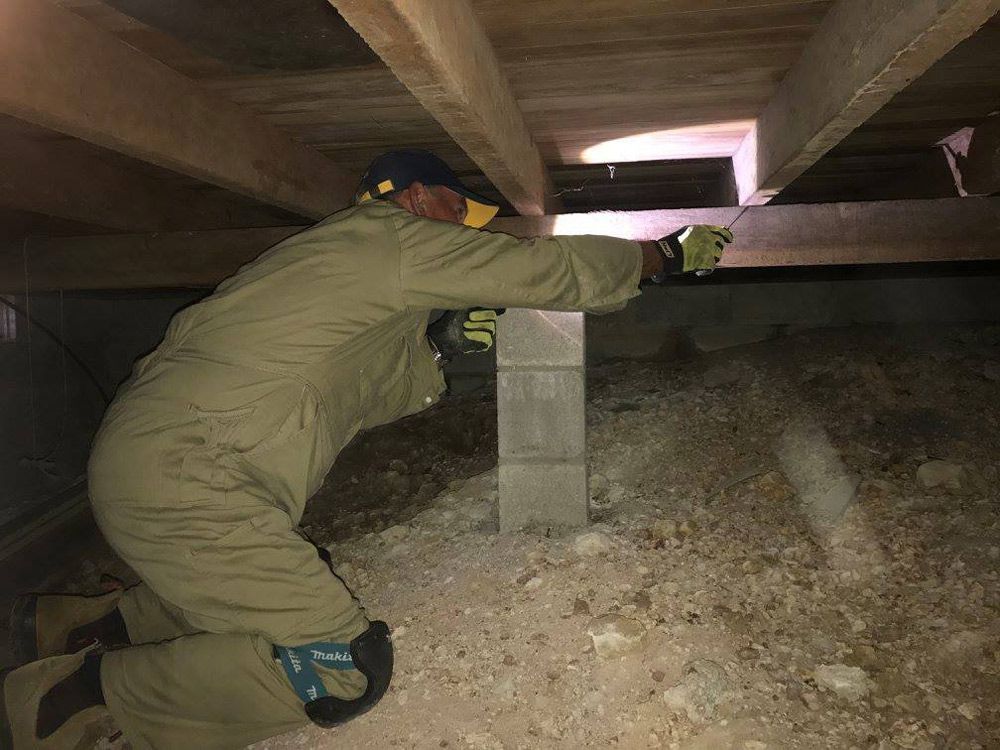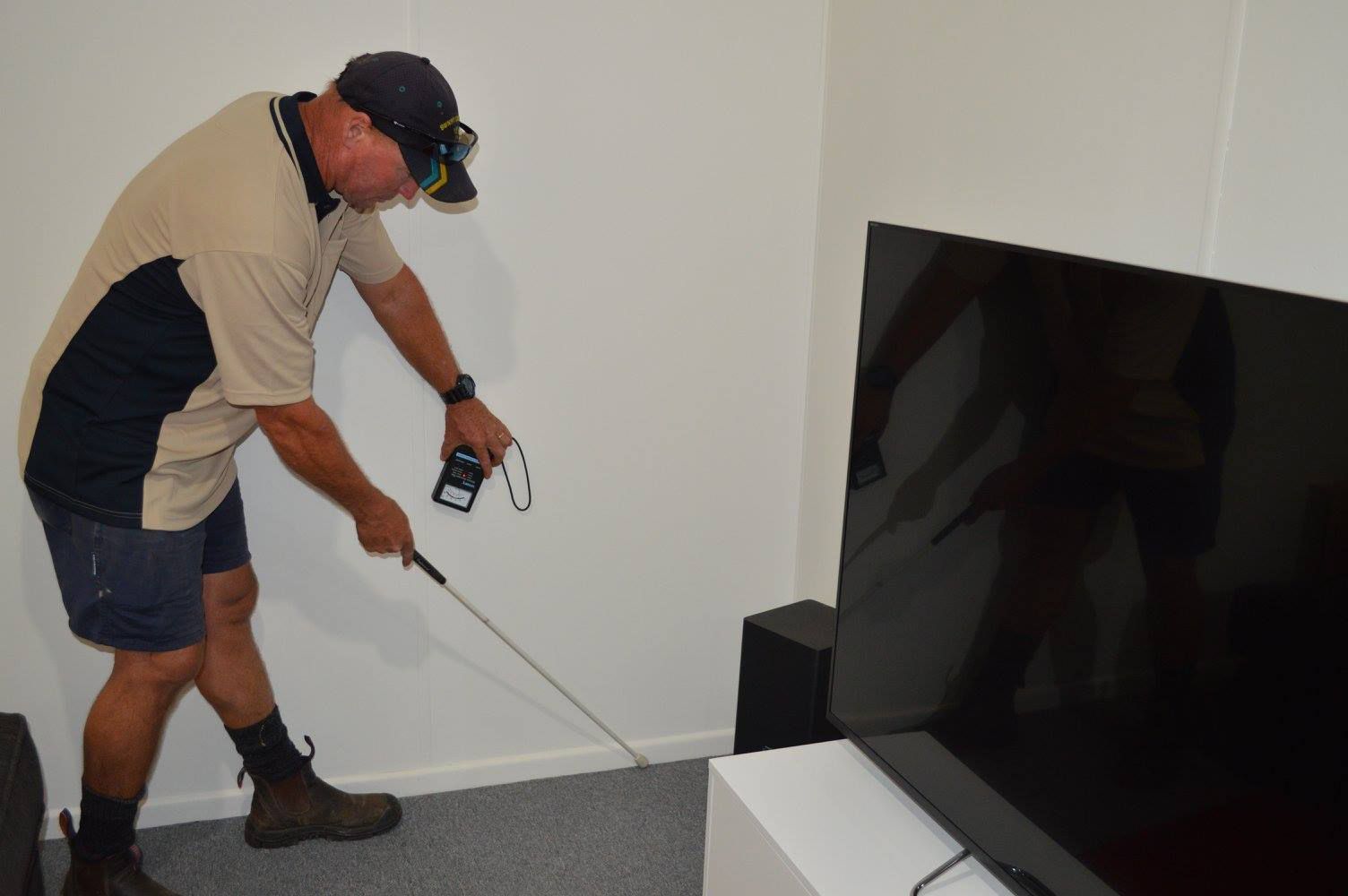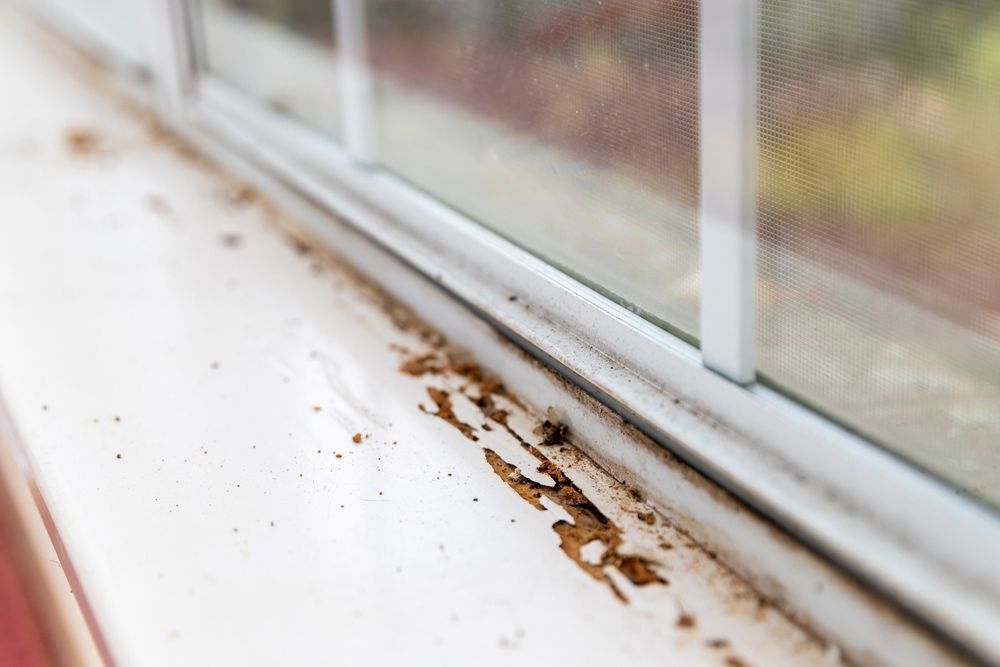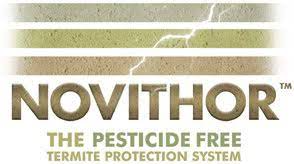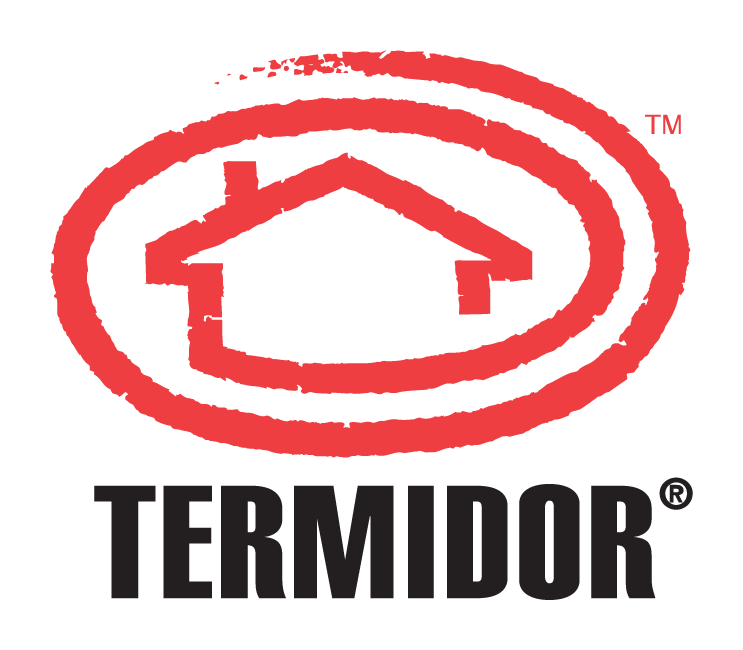What is a Termite Barrier?
Termites are as ingenious as they are destructive. Without proper protection in place, it's all too easy for termites to burrow into the foundations or walls of your property.
Once there, they can cause significant damage in a relatively small period of time. In extreme cases, termites have been known to destroy property in just a few months.
Whilst termite protection is now a requirement for new-build properties, older homes especially are still very vulnerable.
To protect their home (as well as to reduce the risk of needing periodic termite infestation treatments), homeowners are increasingly considering the installation of termite barriers to protect their property.
If you are unsure about what a termite barrier is and if your property needs one, read on to find out more, as well as additional information on how termite barrier installation on the Sunshine Coast can safeguard your home into the future.
What is a Termite Barrier?
As the name suggests, a termite barrier is literally a barrier that's put in place around a property to keep termites out.
Termite barriers are designed to deter even the most determined termite, which means it's rare for an infestation to occur once barriers are in place. There are two
main types of termite barrier: physical and chemical.
Physical termite barriers
Chemical termite barriers
Other measures to take
Termite barriers are just one of several measures that can be put in place to reduce the risk of a termite infestation.
Regular inspection of the barriers by a suitable pest control professional to check their integrity is also important.
In addition, simple measures such as not having a woodpile, deadwood, or overgrown ground close to the property's walls are all effective in reducing the risk of termites managing to penetrate the property.
A reputable pest control company will be able to advise on the type of preventative termite barrier that's going to work best for your home and your household.
You can contact our termite control experts for more advice and information on termite barriers on the Sunshine Coast. For details on how we can protect your home from termites and to book an initial inspection, get in touch today.


